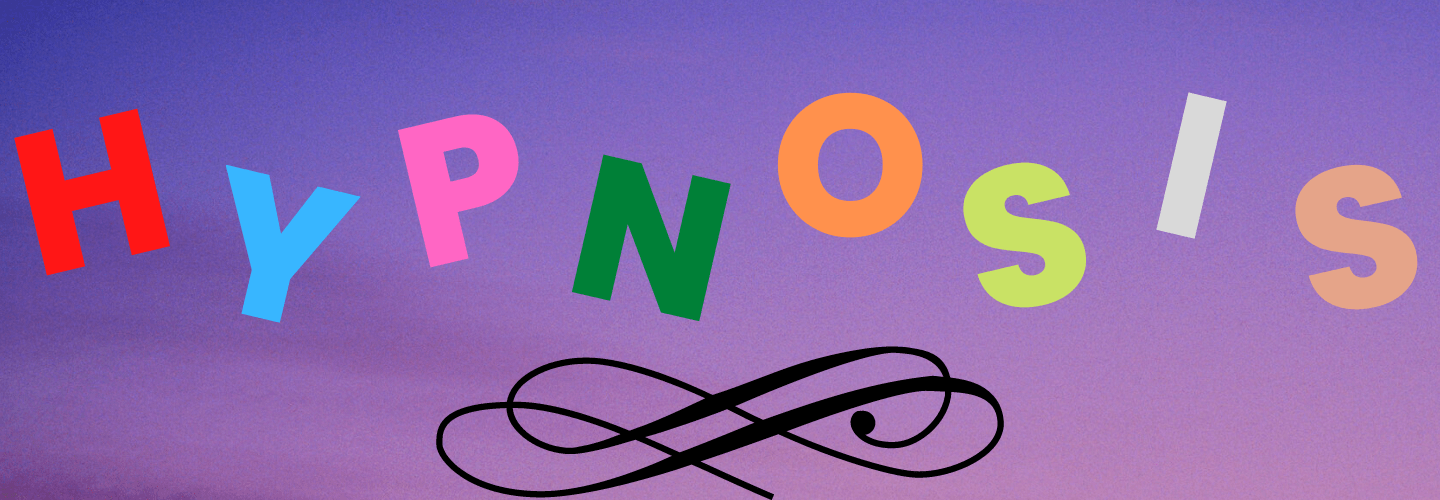
Homophobia, with its roots in deep-seated cultural and personal biases, often obstructs the well-being of LGBTQ+ individuals. Techniques like Hypnotherapy and Emotional Freedom Technique (EFT) are effective in healing emotional wounds and dismantling fears, while Neurolinguistic Programming (NLP) transforms negative beliefs into positive self-perception. Building resilience through community support also plays a vital role. Understanding these strategies offers the first steps toward liberation from the grip of homophobia, opening doors to further exploration and empowerment.
Key Takeaways
- Explore hypnotherapy to access and heal deep-seated emotional wounds related to homophobia.
- Use Emotional Freedom Technique (EFT) to reduce emotional disturbances by tapping on meridian points.
- Apply Neuro-Linguistic Programming (NLP) to reframe negative beliefs and improve self-perception.
- Engage in resilience training and seek community support to build emotional fortitude and a supportive network.
- Consult with qualified practitioners who specialize in LGBTQ+ issues to receive tailored guidance and support.
Understanding the Roots of Homophobia and Its Effects
While it is often rooted in cultural, religious, or personal biases, homophobia greatly impairs the psychological and social well-being of LGBTQ+ individuals.
It emerges from deep historical contexts where non-conforming sexual orientations were misunderstood and stigmatized. Cultural influences have perpetuated these negative stereotypes, embedding fear and rejection in societal norms and behaviors.
Understanding the origins of homophobia is essential to dismantle its pervasive impact. Educative efforts that highlight the historical evolution of sexual identity perceptions are vital. They foster empathy and inclusivity, which are key in eradicating the prejudices that fuel discrimination and enhance societal acceptance.
Hypnotherapy: A Path to Healing Emotional Wounds
Understanding the origins of homophobia helps in recognizing the psychological scars it leaves on individuals. Hypnotherapy offers a powerful tool for emotional healing, using various techniques to access and address these deep-seated wounds. By engaging the subconscious, individuals can explore and reframe their experiences, fostering a journey towards recovery and self-acceptance.
| Technique | Benefit |
|---|---|
| Visualization | Enhances positive self-perception |
| Suggestion | Reinforces healing messages |
| Regression | Addresses past traumatic events |
This approach not only heals but also empowers individuals to reclaim their inner peace and emotional stability.
Utilizing EFT to Address Emotional Blocks and Fears

Emotional Freedom Technique (EFT) offers a valuable method for individuals grappling with the emotional blocks and fears associated with homophobia.
By tapping on specific meridian points, EFT techniques help release pent-up emotional disturbances, fostering a sense of emotional freedom. This non-invasive approach encourages participants to verbally address their fears while physically tapping, which can greatly alleviate stress and anxiety.
As individuals progress through EFT sessions, they often experience a reduction in the intensity of their negative emotions related to homophobia, promoting a healthier mental state and contributing to overall emotional resilience and well-being.
Transforming Beliefs With NLP for Enhanced Self-Acceptance
Building on the emotional liberation achieved through EFT, Neuro-Linguistic Programming (NLP) offers further tools for individuals seeking to transform their deep-seated beliefs about themselves and enhance self-acceptance. NLP facilitates belief reframing, which is pivotal in overcoming internalized homophobia and fostering self-empowerment. This approach encourages individuals to identify and adjust negative beliefs, replacing them with positive affirmations and perspectives that affirm one's true identity.
| Technique | Benefit |
|---|---|
| Belief Reframing | Fosters positive self-view |
| Visualization | Enhances mental imagery of self |
| Language Patterns | Encourages supportive self-talk |
Developing Effective Communication and Connection Skills

As individuals progress in transforming beliefs and enhancing self-acceptance, developing effective communication and connection skills becomes essential for fostering healthier relationships and advocating for oneself in a diverse society.
Mastering active listening, for instance, allows one to fully comprehend others' perspectives, fostering empathy and understanding.
Additionally, being attuned to nonverbal cues enhances one's ability to read emotional states and intentions, creating a more inclusive and supportive environment.
These skills not only strengthen personal relationships but also empower individuals to navigate social interactions with confidence, contributing to a more accepting and respectful community.
Strategies for Building Resilience Against Discrimination
Developing resilience against discrimination is essential for individuals facing homophobia, allowing them to withstand and recover from negative experiences with strength and dignity.
Implementing resilience training can empower these individuals by enhancing their coping mechanisms and emotional fortitude. Engaging in such training involves learning techniques that help manage stress and emotional upheaval effectively.
Additionally, fostering community support plays a significant role. By connecting with others who share similar experiences, individuals can develop a supportive network that offers understanding, encouragement, and resources.
This combination of resilience training and robust community support creates a foundation for enduring adversity and promoting personal growth.
Seeking Support: Finding Qualified Practitioners and Allies

While traversing the challenges of homophobia, it is essential to seek support from qualified practitioners and allies who are knowledgeable and sensitive to LGBTQ+ issues.
Establishing robust support networks can profoundly impact one's journey toward acceptance and healing. It is vital to engage with mental health professionals who explicitly advocate for LGBTQ+ rights and understand the nuances of homophobia.
Additionally, developing allyship strategies within personal and professional circles can create a more supportive environment. Educating allies on effective ways to offer support enhances the resilience of those affected by homophobia, fostering a community of understanding and acceptance.
Frequently Asked Questions
How Do I Recognize Subconscious Homophobia in Myself?
To recognize subconscious homophobia, one may use self-reflection techniques to uncover subconscious biases. Regular introspection and mindfulness help reveal underlying prejudices, fostering awareness and facilitating personal growth towards more inclusive attitudes.
Can Children Benefit From Therapies Aimed at Reducing Homophobia?
Children can benefit from therapeutic techniques aimed at reducing homophobia, incorporating childhood education to foster empathy and inclusivity early on. These interventions promote understanding and respect, essential for healthy emotional and social development.
Are There Any Online Support Groups for Individuals Facing Homophobia?
Yes, there are online support groups for individuals facing homophobia, providing safe spaces through forums and community resources, fostering connection, sharing experiences, and offering educational support to combat discrimination and promote understanding.
How Long Does It Typically Take to See Improvements?
Progress tracking in overcoming homophobia varies; therapy duration depends on individual circumstances. Like nurturing a garden, consistent care can yield visible growth over weeks or months, fostering resilience and emotional wellness in the process.
What Are the Legal Protections Against Homophobia in the Workplace?
Legal protections against homophobia in the workplace encompass various workplace policies and legal frameworks designed to prevent discrimination based on sexual orientation, ensuring a safe and inclusive environment for all employees.
Conclusion
To sum up, overcoming the deeply ingrained biases of homophobia requires commitment and the right therapeutic support. Studies reveal that individuals who engage in therapies like NLP and EFT experience a significant decrease in anxiety and increase in self-acceptance. By embracing these transformative practices, individuals can foster resilience, improve communication, and build a supportive network, paving the way for a more inclusive society. Let us all aim for a world where everyone can live authentically and free from fear.




